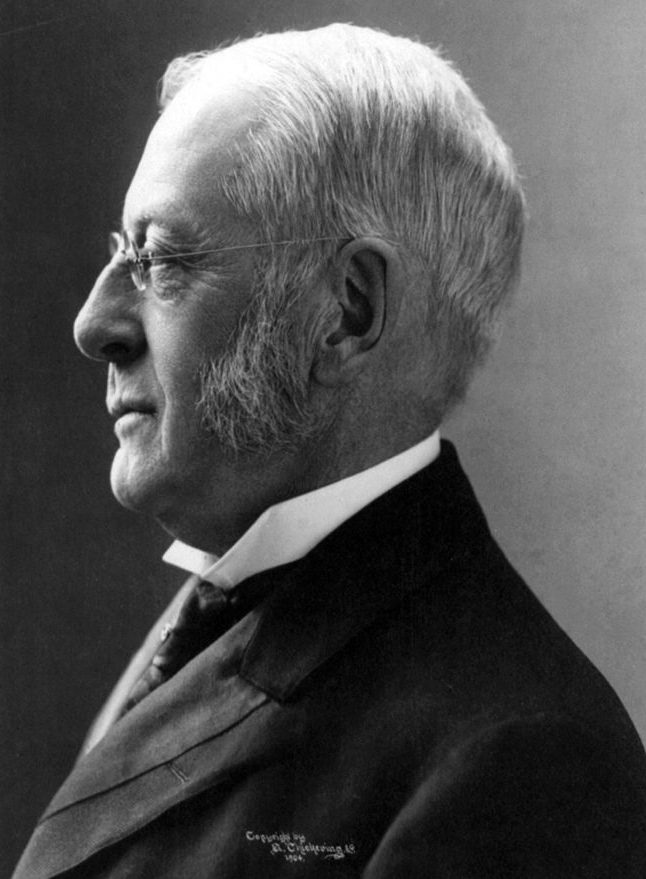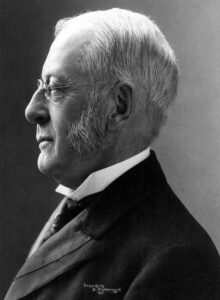The Five Foot Shelf
February 17, 2019

In 1909, Professor Charles Eliot, then president of Harvard University, assembled what would become known as the Five Foot Shelf. A collection of volumes substantive enough, according to Dr. Eliot, “…to afford a good substitute for a liberal education to anyone who would read them with devotion, even if he could spare but fifteen minutes a day.”

Over the years, the shelf stands as an excellent launching pad for someone willing to learn and better themselves. While quite voluminous already, additional works could plainly be added to increase its relative value to the modern-day reader. Still, it remains one of the foremost assemblies of written words, readily available to anyone who would seek it out.
I’ve recently added a complete set to my own home library and have begun devouring it in earnest.
I mention the #fivefootshelf in the context of a recent Twitter thread begun by one of my favorite Twitter personalities, @catbailey, who asked what tools were the most valuable in the #infosec field.
 Cat Bailey Tweet: “Oooh, thread idea! What’s your favorite hacker tool and why? What tools and programs do you consider essential in your bag of tricks? What tools would you recommend to anyone starting out?”
Cat Bailey Tweet: “Oooh, thread idea! What’s your favorite hacker tool and why? What tools and programs do you consider essential in your bag of tricks? What tools would you recommend to anyone starting out?”
There were numerous responses, but one in particular caught my eye.
@IanColdwater replied: “Hot take: there’s way too much emphasis on tools for beginners and not enough on understanding how things work and why. So maybe, like, a book? Hacking: The Art of Exploitation is a good one.”
I love this idea. I love the idea of going back to basics and building a solid foundation of knowledge rather than a house of cards contingent on tools or gadgets. Addressing principle subject matter and working up is effective no matter what discipline a person is engaged in, whether it’s information security, astronomy, medicine, or elementary school education.
What if there were a Five Foot Shelf for every field of study? A comprehensive didactic anyone sufficiently motivated and disciplined could pick up and learn the most basic fundamentals to more advanced methods?
Of course, no course of self-study can truly replace the knowledge and input of a thoughtful mentor willing to give guidance and share their experience; but there is often a barren wasteland with no map of how to navigate from A to Z.
What would be on the Five Foot Shelf in your industry?
